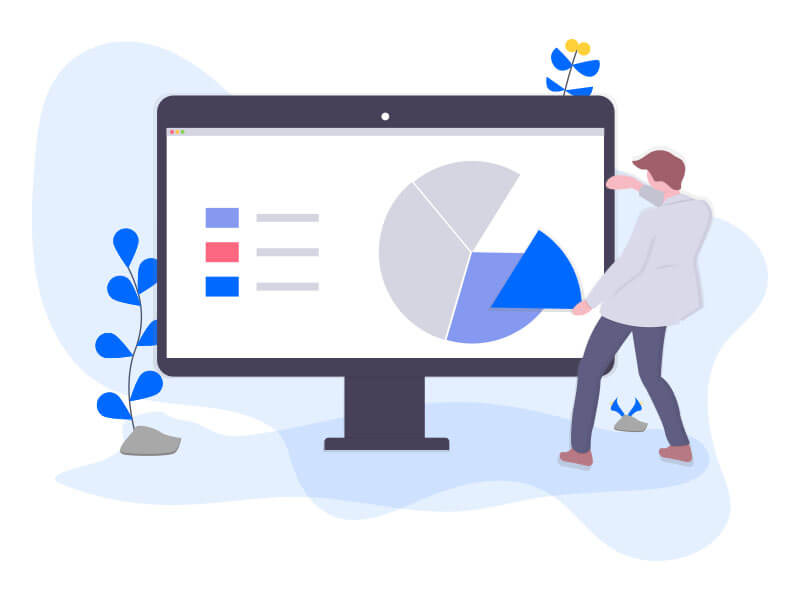When it comes to interest rates and credit, we’ve been spoiled for almost a decade. Thanks to a cheap Federal Funds Target Rate, everything from mortgages to business, auto, and student loans have been on sale.
Paying 18% for a mortgage sounds more like cruel and unusual punishment than the actual history of the 1980s.
Even today, after 6 separate interest rate increases since 2015, mortgage rates are only 4.5%.
But key economists, investors, and even President Trump see interest rates rising in the next few years. And the latest reports show that the Federal Reserve has plans for three more rate increases this year, plus multiple increases through 2020.
What Do Rising Interest Rates Mean For You?
In order to see how interest rates affect you, it’s important to understand why interest rates are rising.
The Federal Reserve increases interest rates to keep inflation from getting out of control.
When they see economic growth and unemployment rates on the rise, combined with an inflation rate around 2% per year… they generally start increasing interest rates.
From the perspective of a healthy economy and job growth, this is a good thing.
However, the interest rate set by the Federal Reserve also affects consumer debt.
So as the Fed continues to raise interest rates this year — as well as in 2019 and 2020 — you can expect that the cost of borrowing money will go up.
And maybe more than most expect.
According to Ian Shepherdson, chief economist at Pantheon Macro, “Markets are underestimating the risk of interest rate rises” and believes we could see 4 rate increases this year alone.
The Federal Reserve policymakers have suggested just two more rate increases this year, but are ready to act more quickly if inflation jumps up higher than expected.
How Higher Interest Rates Affect Your Debt
The most simple way to think of it is this:
Any loans with fixed rates, such as Federal student loans or fixed rate mortgages, will remain unchanged.
Variable rate debt will be affected in various ways.
Many people with credit card debt will see a small, but instant increase in their interest rate, because it’s directly tied to the Federal Reserve’s prime rate.
Most private student loans are offered at a variable rate, and interest rates will continue to increase gradually.
Auto loans with fixed rates will remain unchanged — but may rise if you have a variable loan.
4 Ways to Optimize Your Loans and Prepare for Upcoming Opportunities
- Improve your credit score. It’s been shown that a score of 720 or greater gives you the best possible interest rates, which will be increasingly important in the future. One trick is to keep your credit card balance below 30% of your available credit — doing so can drastically improve your score almost overnight.
- Look for lower interest rates. If you have credit cards or loans, this could be as simple as giving them a call and negotiating a lower rate. You can also shop around for other cards, lines of credit, and loans.
- Restructure your loans to get a fixed rate. Kevin O’Leary (aka Mr. Wonderful from “Shark Tank”) says this is the #1 thing you can do for your peace of mind. Knowing that your monthly payments won’t jump and hurt your cash flow is well worth any slight increase in interest rate today to lock it in.
- Get prepared to borrow before you need it. Lines of credit and Cash Flow Insurance are two of the best ways to set yourself up to have cash available in case of a business, real estate, or investment opportunity that aligns with your Investor DNA comes up.
Build the life you love,
The Builders at Wealth Factory


